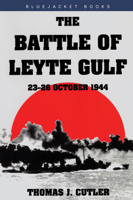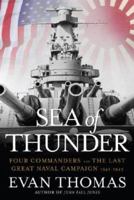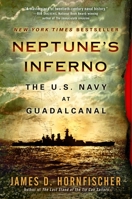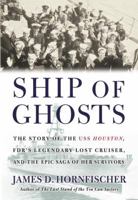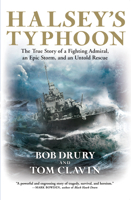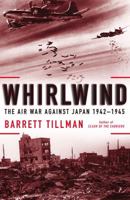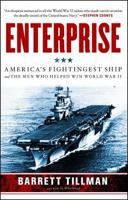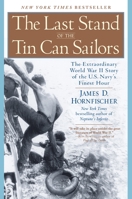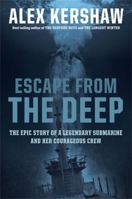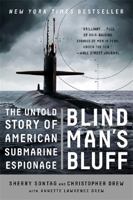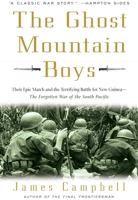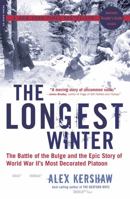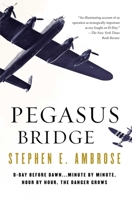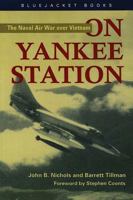Destined to Reign: The Secret to Effortless Success, Wholeness, and Victorious Living
Select Format
Select Condition 
You Might Also Enjoy
Book Overview
Customer Reviews
Rated 5 starsSpiritually wonderful book
Absolutely love this book. Life changing... Praise the name of JESUS CHRIST.
4Report
Rated 5 starsHighly recommend!
I love love love this book. I can’t say anything bad about it. If your wondering about law or grace? I highly recommend it so well written and informative will open your eyes.
3Report
Rated 5 starsMy search has ended. The truth has finally set me free.
Born a Roman Catholic, I spent the last 20 years disillusioned and resentful of my faith, and searching...Many of us find ourselves searching for something. Most of us cannot tell you what it is, but say that "if I find it, I will know." In this book, I think many of you will find that answer. As they say "The truth will set you free" and you have no idea how wonderful, beautiful and amazing this truth is. This book puts amazing...
9Report
Rated 5 starsI Double Dog Dare you to Read This Book.....:)
Have Faith and peace as never before but NOT from your own abilities..the message of Christ that sets the captives free is the one that explains how to STOP looking to yourself and how to let God be God of your life over everything.. If you are a Believer that lives under condemnation because you just cant make the mark, join the rest of us who discovered Grace and be set free. I ask you how can one stand up against the enemy...
6Report
Rated 5 starsBest salvation book ever written
This is the book that every christian and want to be christian should own. Joseph answers a lot of questions that church going or non going christians have, and answers them in today's terms, and defines a lot of biblical words. He explains that salvation is a gift I never really got this, say your friend Kim gives you a gift you don't try to work to pay for the gift you just accept the gift, just like Jesus gave us the gift...
4Report













